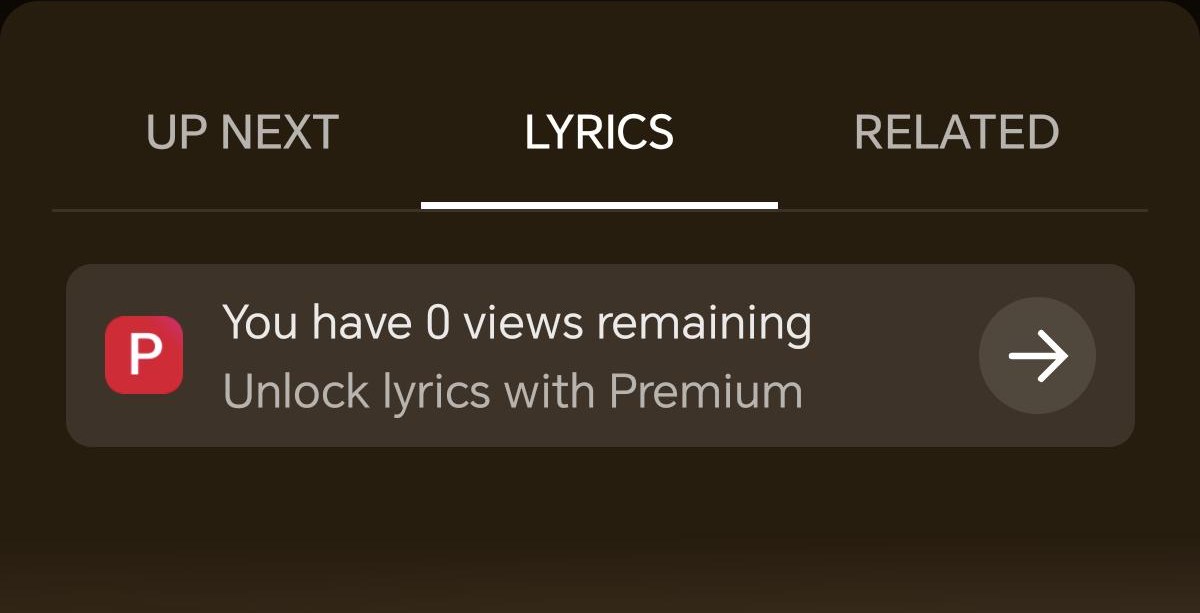
The DITA Open Toolkit (OT), a significant framework for creating, managing, and publishing technical documentation, is experiencing a surge in development due to increased commercial collaboration. This partnership between organizations and the open-source community is enhancing the project’s capabilities, ensuring that it meets the evolving needs of various industries.
Understanding DITA and Its Importance
The Darwin Information Typing Architecture (DITA) standard, originally developed by IBM, promotes topic-based authoring and modular content creation. By breaking documents into reusable components, DITA allows organizations to manage information efficiently. The DITA Open Toolkit serves as the implementation framework that transforms DITA content into multiple formats, including HTML and PDF, catering to a wide array of use cases from user manuals to intricate technical documents.
Maintaining an open-source project like the DITA OT necessitates ongoing development, community involvement, and financial backing. This is where commercial collaboration becomes essential, providing the necessary resources for innovation and enhancement.
The Role of Commercial Collaboration
Organizations that utilize the DITA OT understand the critical role robust documentation tools play in their operations. By investing in the project, these companies contribute vital funding that supports continuous development, bug fixes, and updates. Such financial support enables project maintainers to hire skilled developers and execute marketing strategies that increase awareness and adoption.
In addition to financial contributions, companies often have employees who are experts in DITA architecture and the toolkit. Their involvement brings practical insights that refine the toolkit’s features, aligning them with user needs. This engagement fosters a culture of continuous improvement within the project community.
Collaboration also facilitates tailored feature development. Organizations often have specific requirements that necessitate unique functionalities within the DITA OT. By advocating for these features, businesses ensure that the toolkit evolves to address contemporary challenges in technical documentation.
Commercial partnerships further enhance user community engagement. Companies that implement the DITA OT frequently share their expertise through webinars, user groups, and workshops. These interactions create a vibrant ecosystem where individuals can learn, share knowledge, and innovate collaboratively, ultimately improving the toolkit’s usability and broadening its adoption.
The benefits of this commercial collaboration are significant. It enhances innovation, ensuring the DITA OT evolves to meet current trends in technology and documentation. Active collaboration guarantees the project’s sustainability, maintaining its competitiveness in the documentation tools market. Regular contributions from commercial partners also help uphold the quality and reliability of the toolkit, fostering user trust and satisfaction.
As more organizations join forces with the DITA OT project, the toolkit gains credibility and visibility, attracting new users and contributors from diverse sectors.
Looking ahead, the demand for efficient and user-friendly documentation continues to grow. The future of the DITA Open Toolkit hinges on its ability to adapt and evolve, with commercial collaboration playing a critical role in this journey. Potential areas for exploration include advancements in artificial intelligence, machine learning, and cloud-based solutions.
The integration of advanced analytics and data-driven decision-making processes will allow organizations to leverage content more effectively, enhancing communication strategies. As businesses prioritize digital transformation, the DITA OT project must remain agile, capable of delivering solutions that align with these changing demands.
In summary, the impact of commercial collaboration on the DITA Open Toolkit project is profound. As organizations recognize the strategic significance of documentation, their contributions not only strengthen the toolkit but also enrich the overall ecosystem. By working together, businesses and the open-source community can drive innovation and ensure the DITA OT remains a leading resource in the ever-evolving landscape of technical documentation. This collaborative effort paves the way for more efficient documentation processes worldwide.






